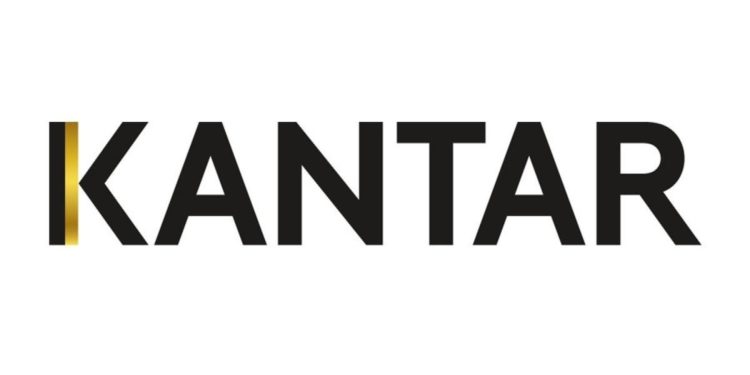Why Marketers Are Starting To Edge Away From Gender Based Targeting?
Change in consumer behavior is forcing them to rethink their strategies
Research company KANTAR has recently published a study that discussed why some marketers started to edge away from dated gender based targeting.
The study found that brands in categories including food and drink adopted modestly more balanced gender targeting for their ads between 2010 and 2018, while the laundry and household cleaner segments saw more recent changes between 2017 and 2018. Categories including auto haven’t seen significant changes in recent years.
The company analyzed more than 18,000 ad tests across six marketing categories that it carried out in more than 40 countries between 2010 and 2018.
According to a KANTAR survey, most household buying decisions are now made by both men and women: 85% of women and 68% of men considered themselves the main grocery buyer in 2017. This change in consumer behavior is forcing marketers to rethink their strategies.
In a press statement to the Wall Street Journal, Unilever CMO Keith Weed said greater gender representation in advertising is “an economic issue, not just a moral issue.”
He added: “The consumer-goods giant conducted research in 2017 and 2018 that found making progress in this area improved purchase intent by 18% and improved consumers’ view of a brand’s credibility by 21%. Unilever also has broadened its targeting by gender and age.”
It is noteworthy that KANTAR is home to some of the world’s leading research, data and insights expertise. Collectively, Their 30,000 employees offer the most complete view of consumers – the way they think, feel, shop, share, vote and view – in over a hundred countries worldwide. For the benefit of their clients, Kantar connects these specialists as well as providing access to the wider WPP group of companies and other partners.








